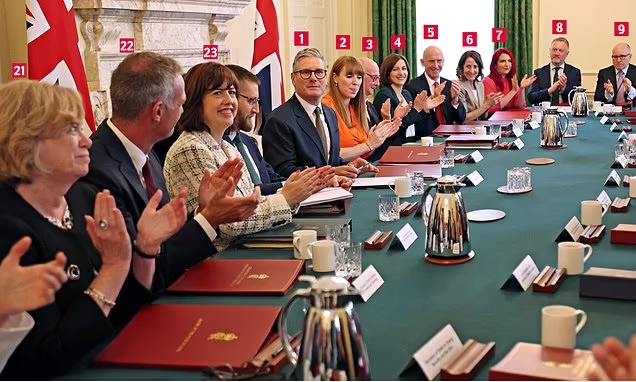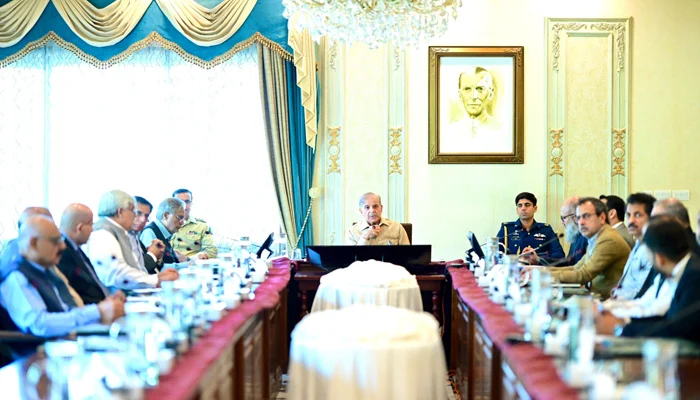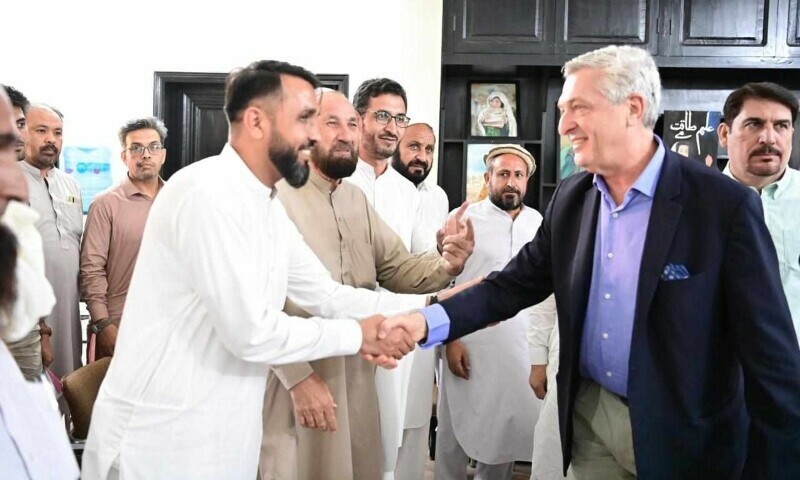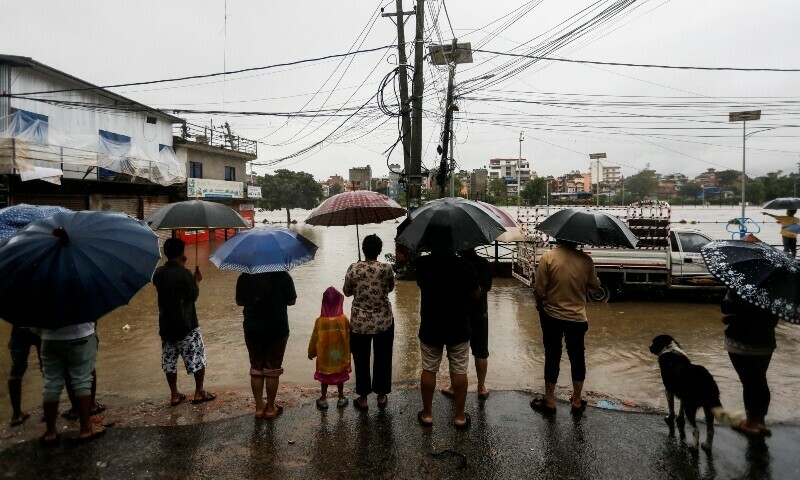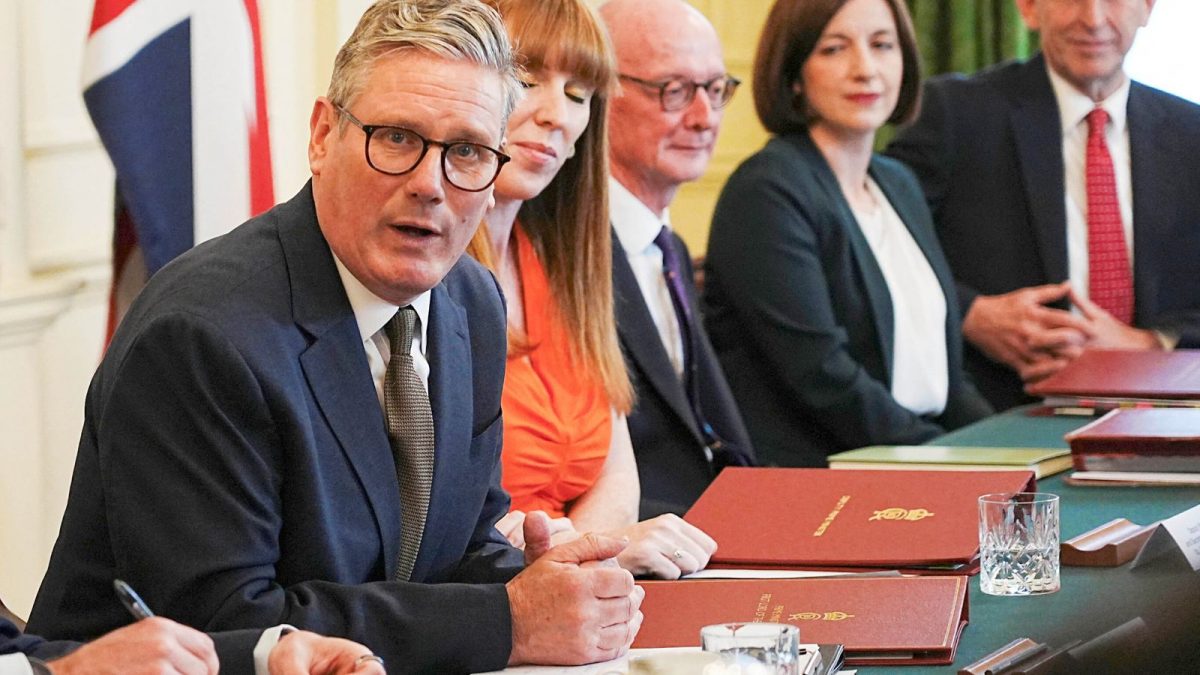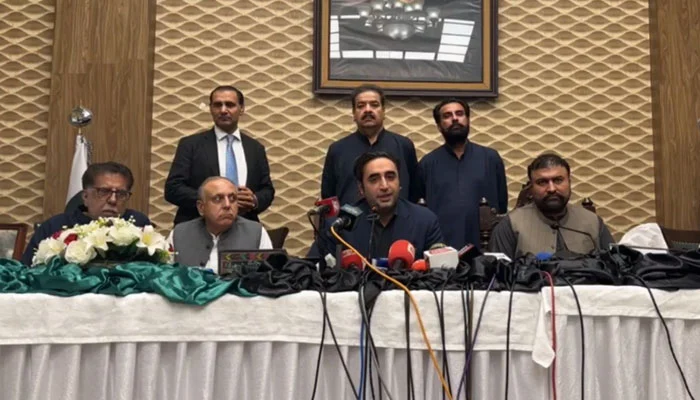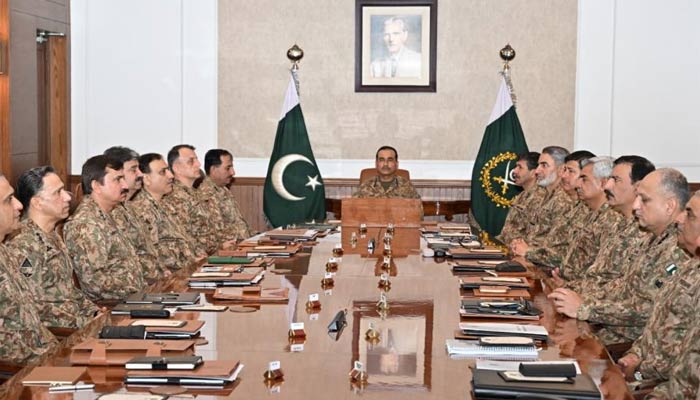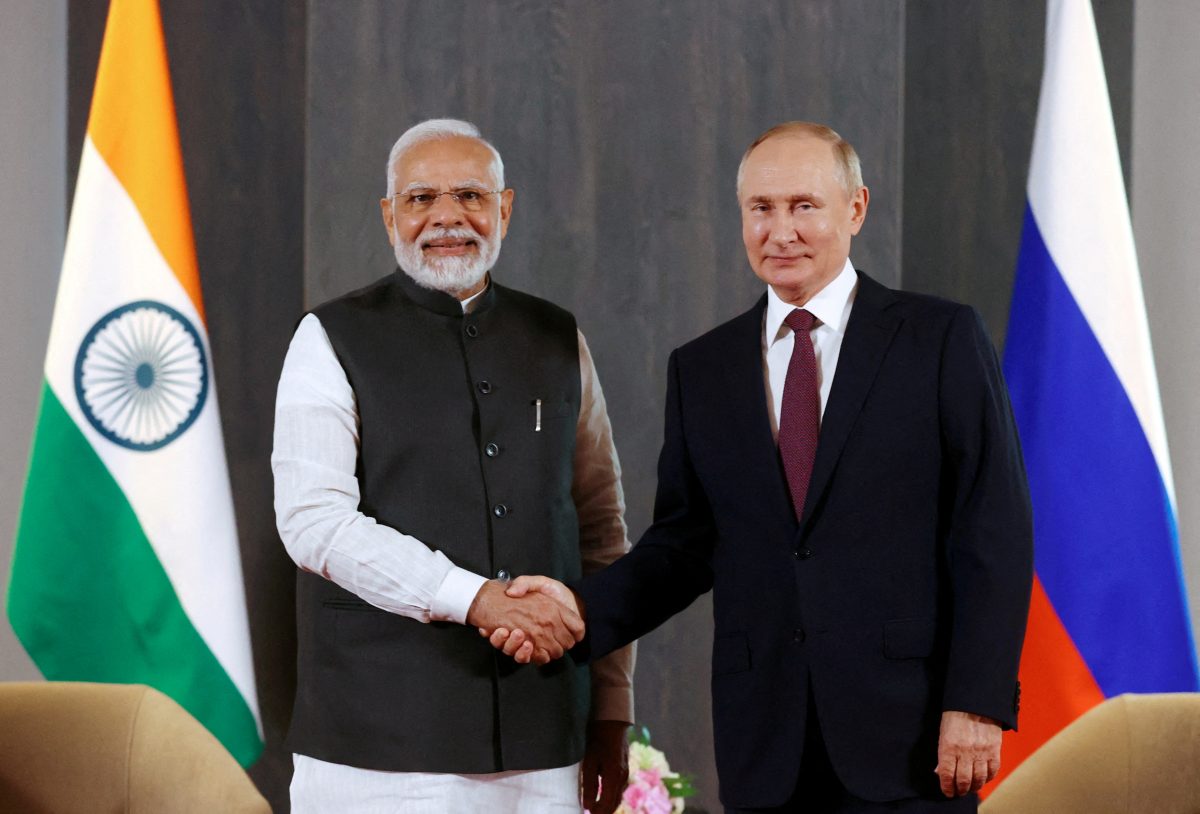Spokesperson Qaisar Afridi told Dawn.com that Grandi, the United Nations High Commissioner for Refugees (UNHCR), met delegations of Afghan refugees who apprised him about their problems in Pakistan.
“The UNHCR chief assured Afghan refugees that he would discuss with Pakistani officials about all issues of the refugees,” the spokesperson said.
According to Afridi, the Afghan delegation comprised registered refugees and those who arrived in Pakistan after the Taliban takeover in August 2021.
The UNHCR chief also met Minister for States and Frontier Regions (SAFRON) Amir Muqam in Peshawar in Peshawar, the minister’s office in Islamabad said.
SAFRON ministry also deals with Afghan refugees.
“Pakistan has been hosting Afghan refugees for 40 years despite serious economic difficulties,” an official statement quoted the SAFRON minister as telling Grandi.
This is the first visit of the UNHCR chief to Pakistan after the country announced a repatriation plan for “illegal foreigners” in October last year.
Taliban rulers in Afghanistan had angrily reacted to Pakistan’s decision to expel what Pakistan call illegal Afghans and called for a halt to the operation.
According to an estimate nearly 500,000 Afghans, who did not have legal documents, have been repatriated to Afghanistan since November 1, 2023. Officials had earlier stated that about 1.7 million illegal Afghans are living in Pakistan.
“The refugee issue is becoming complicated across the world. Conflicts are leading to refugee issues and attention must be paid to resolve conflicts,” Minister Muqam told the UNHCR chief.
Grandi-led UNHCR delegation praised Pakistan for taking care of Afghan refugees for a long time, the statement further said.
An official said that the UN refugee agency delegation will hold formal talks in Islamabad on Monday, the second day of his three-day visit.
The UNHCR had raised concerns over Pakistan’s announcement for undocumented foreigners to leave as the policy also put pressure on Afghans including registered refugees and others with valid documents.
However, Afghan Refugee Commissioner Abbas Khan quashed rumour media reports that Pakistan has started sending back those who have Afghan Citizen Cards (ACC).
There are over 800,000 ACC holders, according to UNHCR’s data.
Abbas Khan told Dawn.com that a decision of the ACC holders will be made in consultation with all stakeholders including Afghanistan and the UNHCR.
Pakistan had issued ACC cards to undocumented Afghans in 2017.
According to the UNHCR estimates there are 1.3 million registered Afghans who hold PoR (Proof of Registration Cards).
Officials insist that nearly 700,000 Afghans have arrived in Pakistan since the Taliban takeover in Aug. 2021. Most of them wanted to settle in third countries, however, around 75,000 have moved to other countries.


